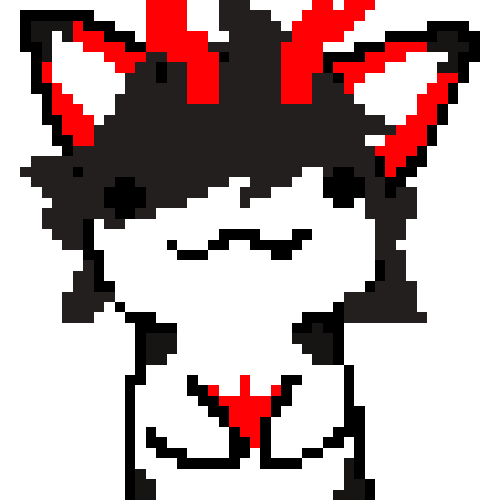Cordycepal neurology: Difference between revisions
No edit summary |
add genesis. add subsections to impact. add spore germination |
||
| Line 1: | Line 1: | ||
In its research, Zenith stumbled upon the field of Cordycepal neurology. | In its research, Zenith stumbled upon the field of Cordycepal neurology. | ||
<big>'''!!THIS PAGE IS UNDER CONSTRUCTION!!'''</big> | |||
== Genesis == | == Genesis == | ||
=== The Host === | |||
The host of the Fungus must be dead, although still warm. If the host is still alive, the fungus will not be able to grow and will eventually die from lack of nutrients. If decomposition is too advanced or it is too cold, the spore won't be able to latch on to organical matter. This leads to all confirmed cases having stemmed from so called "ressurected corpses" or hosts who received the spore shortly before dying, "living hosts" | |||
=== The Fungus === | |||
''Cordyceps Sapiens'', the specific species involved in cordycepal neurologgy, has evolved from other flesh eating corydeps, however, it has arisen from an incapacity to fight off the living host organism and survive in colder environments in earlier stages of development. This "weakening" of the species has been theorized to be the origin of its complex control over the host, being able to better replicate a nervous system. | |||
== Impacts on host == | == Impacts on host == | ||
=== Spore Germination === | |||
Spores of this fungus latch on to the mucous membranes. This will lead to an extraordinary growth of hyphae and fruiting bodies, completely covering and/or shutting down the opening to the membrane. | |||
=== Hyphal growth === | |||
=== Encephalic consumption === | |||
=== Nerve substitution === | |||
=== Further alterations === | |||
== Learning == | == Learning == | ||
Revision as of 18:58, 10 May 2025
In its research, Zenith stumbled upon the field of Cordycepal neurology.
!!THIS PAGE IS UNDER CONSTRUCTION!!
Genesis
The Host
The host of the Fungus must be dead, although still warm. If the host is still alive, the fungus will not be able to grow and will eventually die from lack of nutrients. If decomposition is too advanced or it is too cold, the spore won't be able to latch on to organical matter. This leads to all confirmed cases having stemmed from so called "ressurected corpses" or hosts who received the spore shortly before dying, "living hosts"
The Fungus
Cordyceps Sapiens, the specific species involved in cordycepal neurologgy, has evolved from other flesh eating corydeps, however, it has arisen from an incapacity to fight off the living host organism and survive in colder environments in earlier stages of development. This "weakening" of the species has been theorized to be the origin of its complex control over the host, being able to better replicate a nervous system.
Impacts on host
Spore Germination
Spores of this fungus latch on to the mucous membranes. This will lead to an extraordinary growth of hyphae and fruiting bodies, completely covering and/or shutting down the opening to the membrane.
Hyphal growth
Encephalic consumption
Nerve substitution
Further alterations
Learning
You have hit confidential information! If granted special access by a higher-up, make a request.
Telepathic capabilities
You have hit confidential information! If granted special access by a higher-up, make a request.
